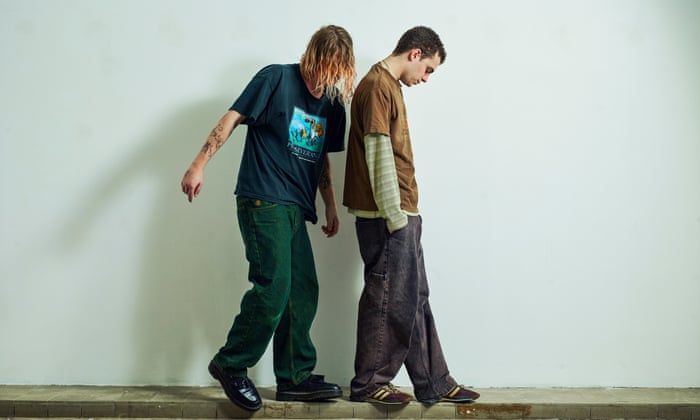Royel Otis’s new album ‘Hickey’ begs its audience to embrace their own arrested development, dig in their heels and rage against the overwhelming wave of adulthood which threatens to sweep us all away. With their classic wink-and-grin lyrics, reminiscing on a season of love and heartbreak, upbeat tunes and mournful lyrics set the scene of a final summer, a whirlwind of goodbyes and ‘’stay by my sides’’ in which we could stay forever trapped (or at least remember the taste of) for the 38 minutes of the short album.
‘Hickey’ acts like a collection of photographs, the ones that hurt to look at; of blurry smiles and old friends, the memories which haunt you in the way only the good times can. However, as accusations and stories within the music industry come to light regarding the members’ past, it becomes uncomfortable to sift through the memories of youthful shenanigans alongside the two men who make up Royel Otis. Allegations have resurfaced regarding Royel (legal name Leroy Besington), who has been accused of having a relationship with a sixteen-year-old while teaching at Kings Cross Conservatorium. Therefore, while we can try to listen to the new album in isolation, enriched with ugly memories of youthful mistakes, it’s hard to ignore the growing discomfort that comes with examining the curated ‘’boyish’’ persona in which Leroy continues to distract from taking accountability for such allegations. How innocently can we consider youthful memories and mistakes through this lens?
Is the garage-boy-band pathos an organic reflection of Leroy and Otis, or are the uglier ideas of ‘Hickey’ more malicious when placed within a greater context? How does the album tread the line between Aussie ‘’boys-will-be-boys’’ culture and in accepting youth as a place to make mistakes?








